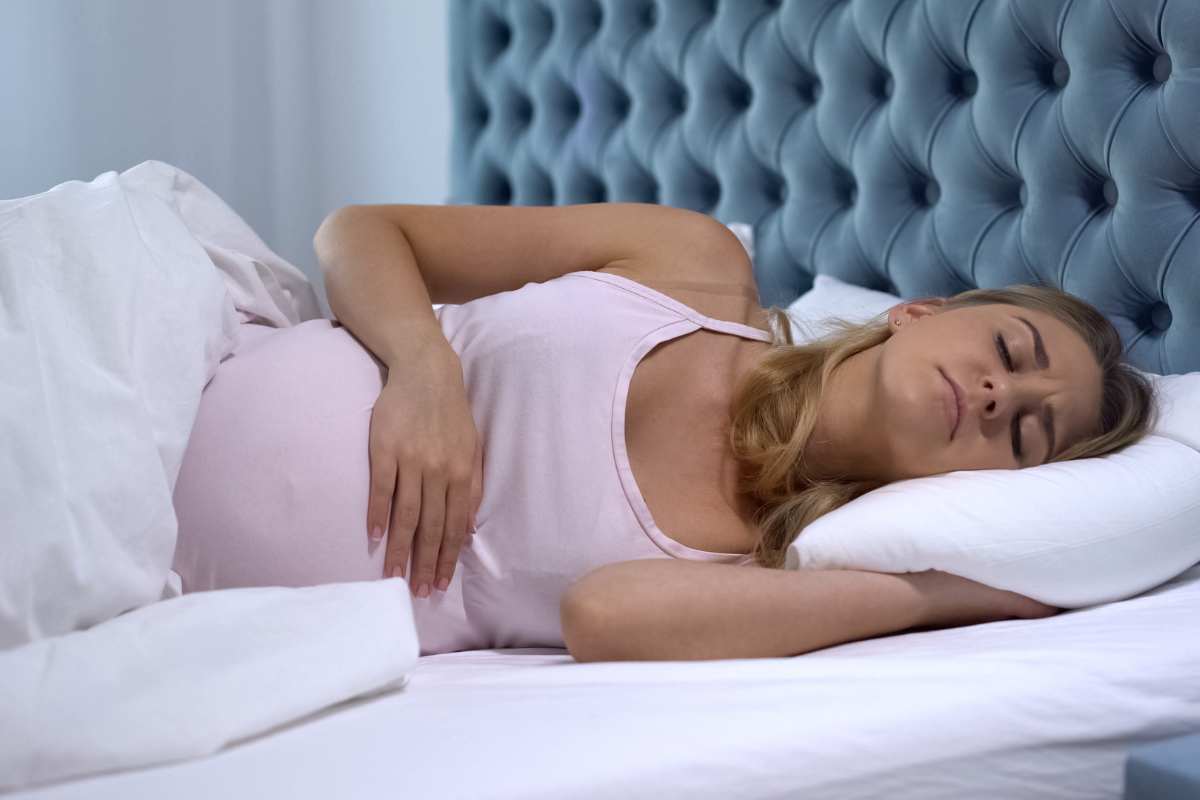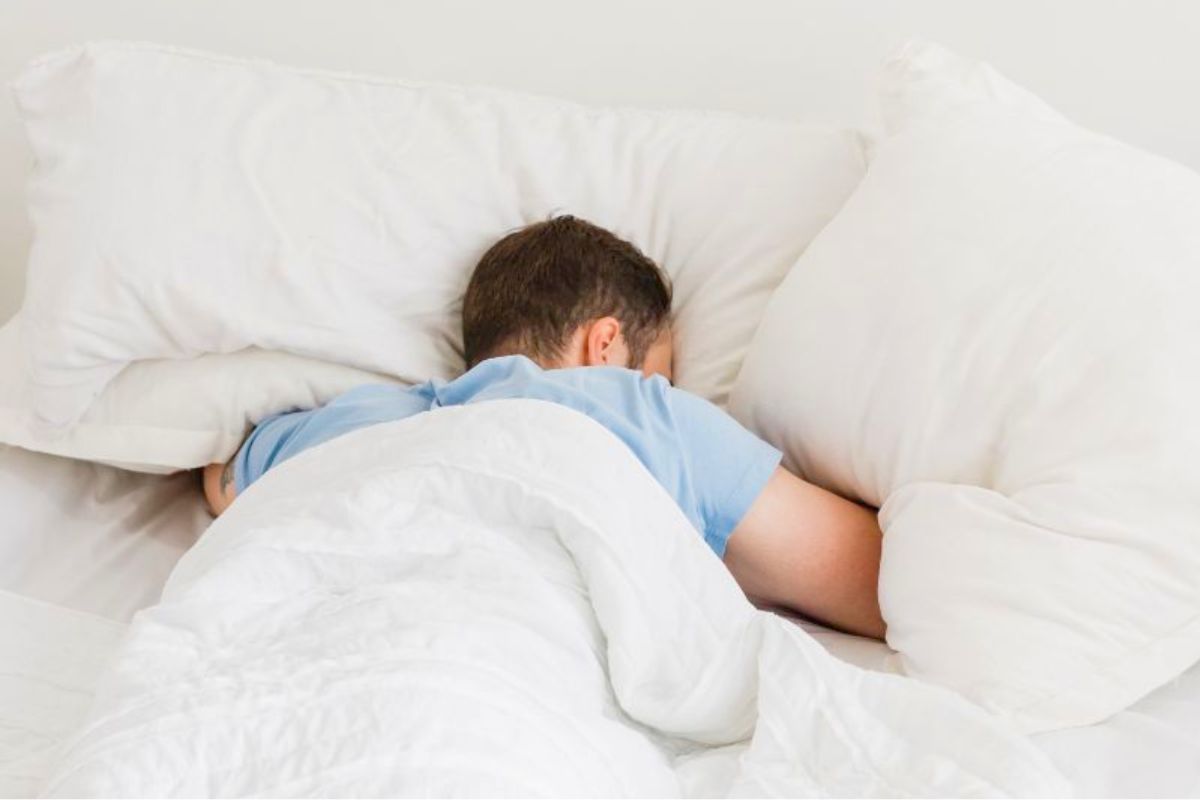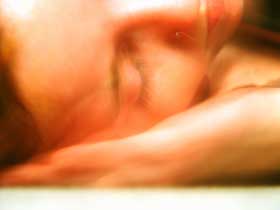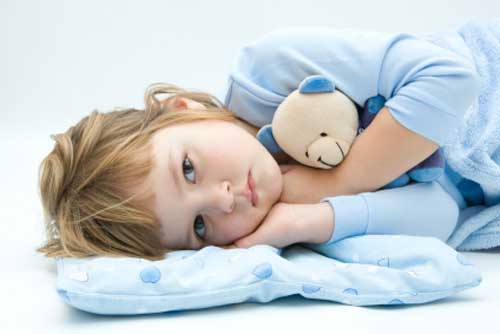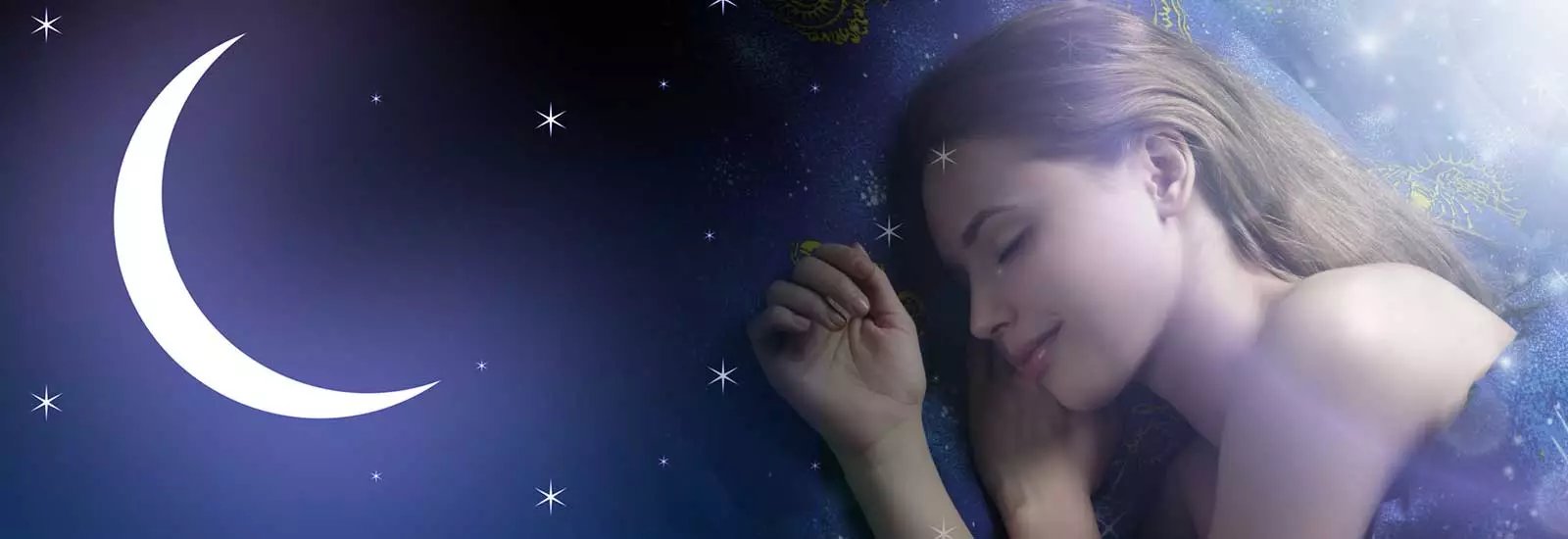Middle-of-the-night or sleep maintenance insomnia is a common problem
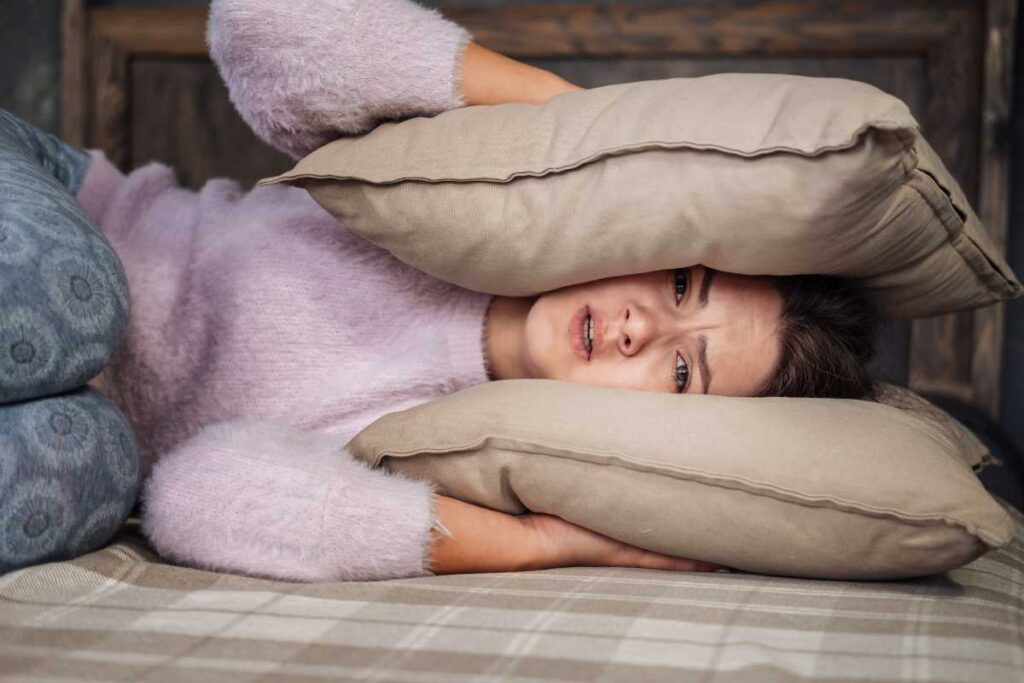
If you can’t sleep through the night you may be suffering from this form of insomnia. If the problem affects you, there are a number of things that can help you get back to sleep or stay asleep
The conditions in your bedroom are a factor. Some people find that surprising. A dark room or one with very little light is easier to stay asleep in than a brightly lit room or one with the TV on.
Sleeping with the TV on is a habit that many people get into. They fall asleep watching the late show, but then two or three hours later find they are wide awake.
The changes in light emitted by the TV can simulate the changes that occur just before sunrise. This can confuse your biological clock.
Your brain may stop producing melatonin (a sleep-inducing hormone) if it believes that daylight is approaching.
Melatonin production normally stops around 7:30 in the morning. In some cases, it happens earlier, depending on the amount of morning light that enters the room. On a cloudy or overcast morning, melatonin production might continue for another hour or two. This is one of the reasons that you might feel sleepier on rainy days.
Moving the TV out of the room, turning it off before bed or using the sleep timer if it has one, could be a good ideas if you have sleep maintenance insomnia. You might also try blocking out the light from streetlamps as well as other sources of artificial light.
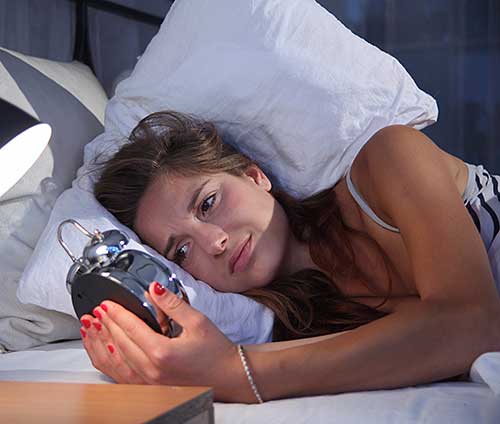
The thought process goes something like this. It’s 2am. I have to be up at 6. It’s 2:30. I’m going to be miserable tomorrow. It’s 3am. I’ve been awake for an hour. I need to fall asleep!
In many cases, it is this thought pattern that causes sleep maintenance insomnia.
All of us go through patterns while we are sleeping or the five stages of sleep.
For parts of the night, we are deeply asleep. After dreaming for a period of time, our brain waves become closer to those of a waking person.
During that period of time, it is easier for something to wake us.
Normally, we might open our eyes, roll over and go back to sleep without even realizing that we were awake.
Those who suffer from sleep maintenance insomnia may stay awake for hours. One of the treatment goals is to try and determine what awakened
you. The TV and other artificial lighting are examples.
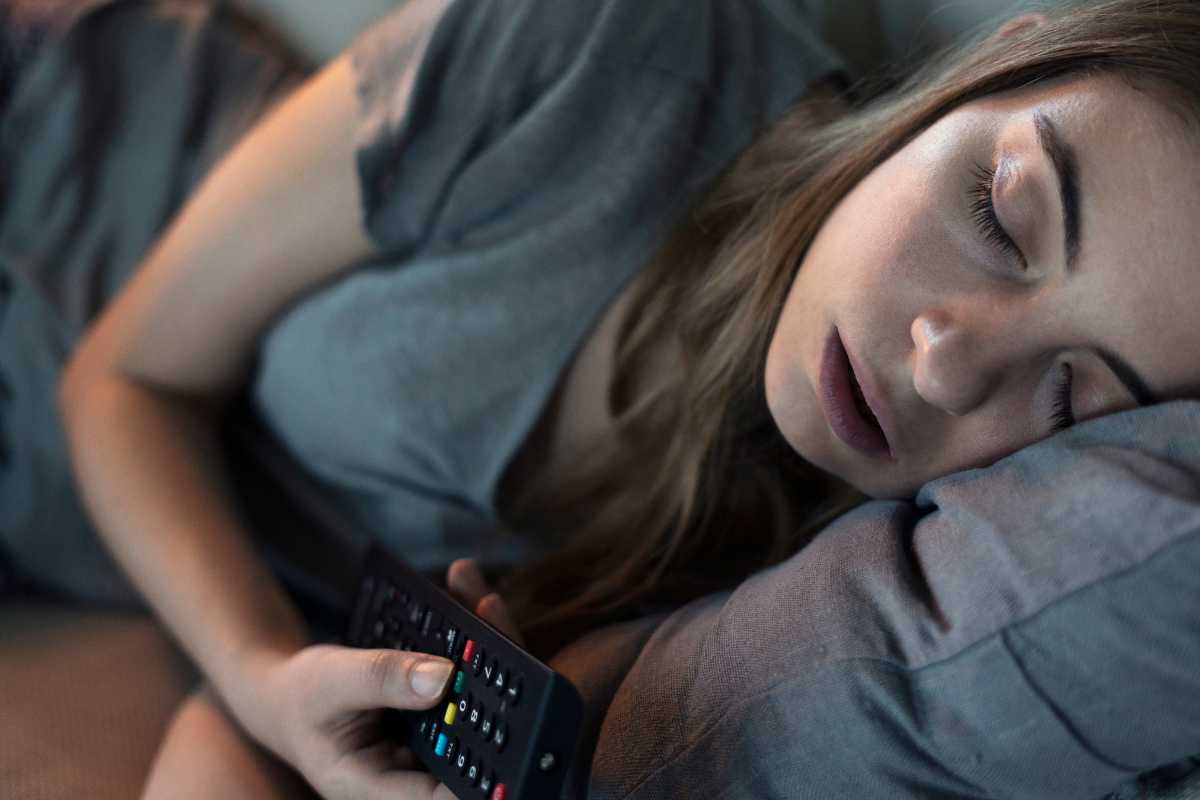
The need to urinate is another common cause of nighttime awakenings
This problem seems to increase with a person’s age. Completely emptying
your bladder before bedtime is the first suggestion. The second is to
limit intake of beverages after 7 or 8pm depending on what time you
normally go to sleep. If you are a parent, you probably remember doing this with your kids in order to help them stay dry all night.
If you have sleep maintenance insomnia, you should avoid caffeinated beverages after noon time.
You may feel extra sleepy in the afternoon for a few days, but if you
fight your way through that, you will fall asleep faster and stay asleep longer.
Exercise in the morning or early afternoon. Avoid exercising in the evening, because it can wake you up and confuse your body. If the evening is the only time that you can exercise, you should do it first thing after you get home from work.
There are other natural treatments for sleep maintenance insomnia. One thing that does not work is prescription sleep aids or over-the-counter sleep drugs. They can actually make the problem worse.


